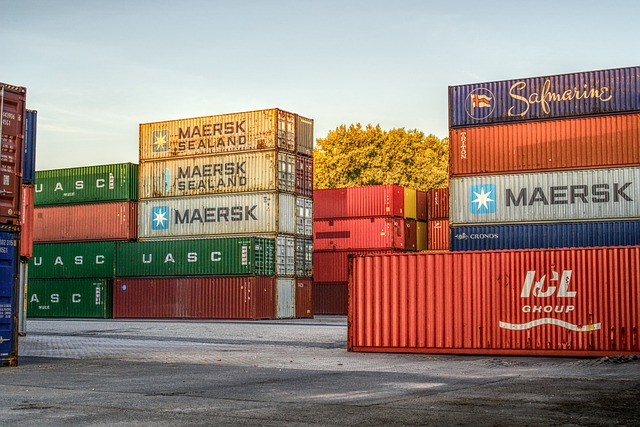FOLLOWING two consecutive years of double-digit expansion, Malaysia’s gross export growth in 2023 is expected to register a modest growth similar to the trend in other economies, said Bank Negara Malaysia.
The central bank in its Economic and Monetary Review 2022 (EMR 2022) said this is in line with the weaker global growth outlook, especially in Malaysia’s key trade partners in the advanced economies.
Nevertheless, BNM said the impact would partly be mitigated by the reopening of China’s economy and continued growth in regional economies.
The central bank said manufactured exports, which contributed 84% of Malaysia’s total exports, are projected to expand at a slower pace of 2.7% in 2023 (2022: 22.3%).
This, it said, is due to broad-based moderation across the E&E and non-E&E segments.
“Slowing demand for consumer electronics is expected to weigh on global semiconductor sales,” it said.
BNM said this is corroborated by insights from the central bank’s regional economic surveillance, which indicated that some E&E firms have started to experience lower order volume.
However, BNM said the greater adoption of automation and digitalisation globally will continue to provide some underlying support to exports in 2023.
The central bank also noted that slower external demand would also weigh on exports of non-E&E manufacturing segments.
Nevertheless, it said this would be partially cushioned by the ramp-up of production of a major oil refinery in Johor.
BNM said commodities export is projected to decline by 5.0% in 2023 (2022: 41.7%), driven mainly by lower commodity prices.
BNM said crude palm oil prices are expected to ease after hitting record highs last year, weighing on agricultural exports.
“This more than offset improvement in oil palm output following receding labour shortages,” it said.
Similarly, BNM said lower mineral prices, in tandem with the slowdown in global oil demand, would weigh on mineral export growth in 2023.
BNM said risks to export growth are tilted to the downside, stemming mainly from slower-than-anticipated external demand and further escalation of geopolitical tensions.
Nevertheless, it noted that there are upside risks to export growth which include faster recovery in China, which could provide support to global trade activity.
BNM is projecting that gross import growth to slow down to 1.1% in 2023 (2022: 31.3%), due to a more moderate increase in domestic demand and slower manufactured export growth.
It said that intermediate imports are expected to record a smaller growth following slower inventory build-up amid easing supply chain disruptions.
However, BNM said continued expansion in domestic demand, albeit at a more moderate pace, would provide support to import growth of consumption and capital goods.
Source: The Malaysian Reserve
March 29, 2023













